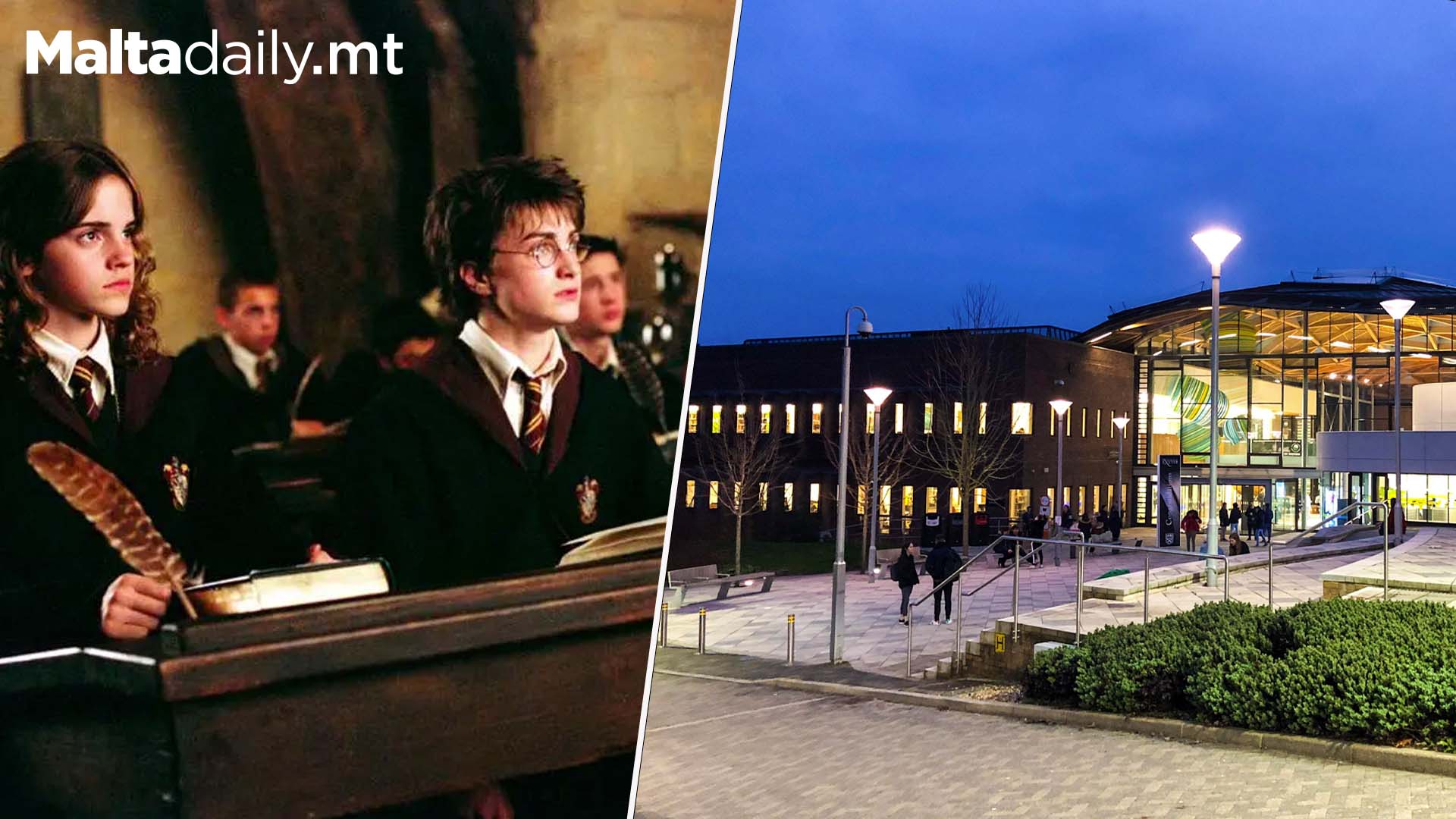University Of Exeter To Offer Master’s In Magic & The Occult

No, you won’t be learning how to cast spells (unfortunately).
The University of Exeter is launching the UK’s first postgraduate degree program in magic and the occult, commencing in September 2024.This multidisciplinary course will explore the global history and influence of witchcraft and magic on society and science, incorporating disciplines like history, literature, philosophy, archaeology, sociology, psychology, drama, and religion.
Led by Professor Emily Selove, the program addresses the recent surge of interest in magic and the occult. Selove emphasizes its relevance to contemporary societal issues such as decolonization, feminism, and anti-racism, countering the notion that these topics are obsolete.
Selove argues that practices like wearing lucky jewelry, touching wood, or adhering to superstitions are indicative of magic’s presence in everyday life. The growing popularity of folklore, witchcraft, tarot, and crystals is seen as a response to the decline of organized religion, evident in the rise of paganism, wiccanism, and shamanism in the 2022 census.
The course challenges the assumption that the west is solely rationalistic and scientific, while the rest of the world is entrenched in magic and superstition. It seeks to reexamine how these beliefs shape western culture and provide fresh perspectives on climate change.
The program aims to rectify the historical neglect of magic and occult studies, acknowledging their systematic oversight in scholarship. It has garnered significant interest since its announcement, receiving over 100 inquiries.
Students will have the opportunity to engage with both conventional and alternative academic methodologies, even presenting their dissertations through performance work. The course promises to equip students with valuable skills, including creative and analytical thinking, curiosity, and a dedication to lifelong learning. Modules cover a diverse range of topics, from dragons in western literature to the philosophy of psychedelics.
#MaltaDaily


